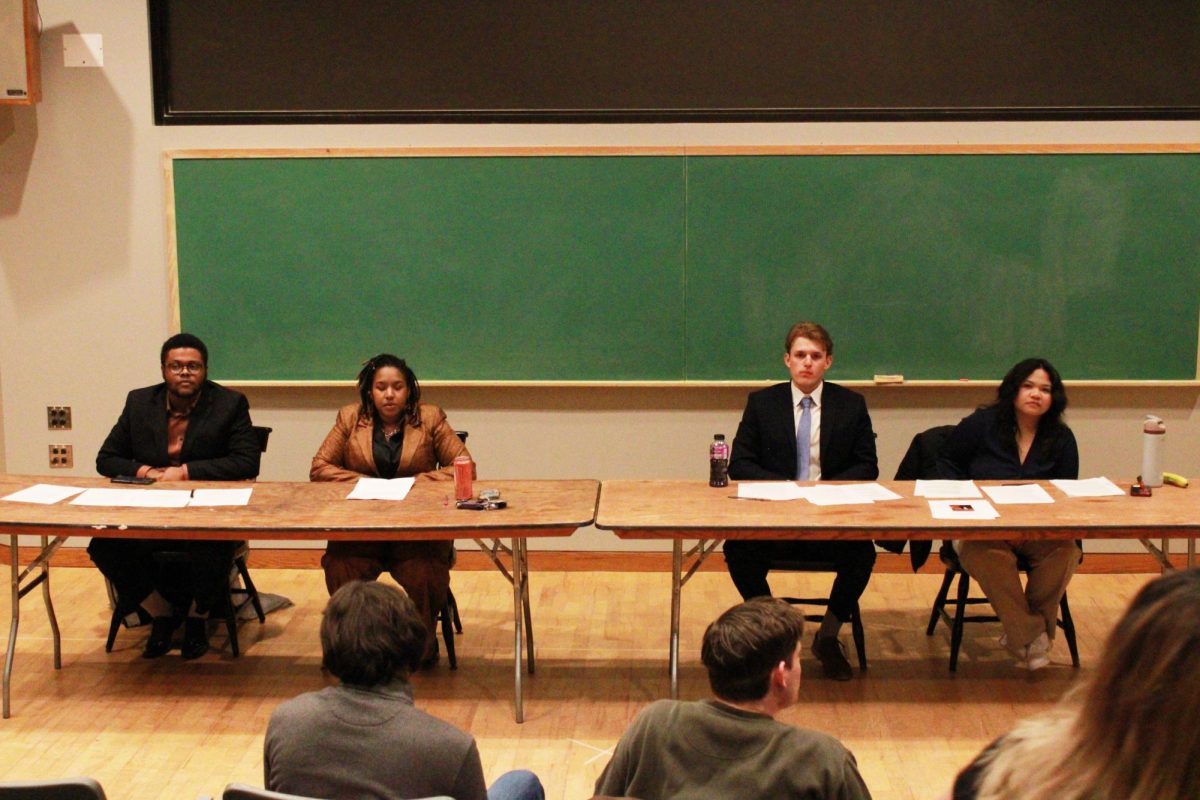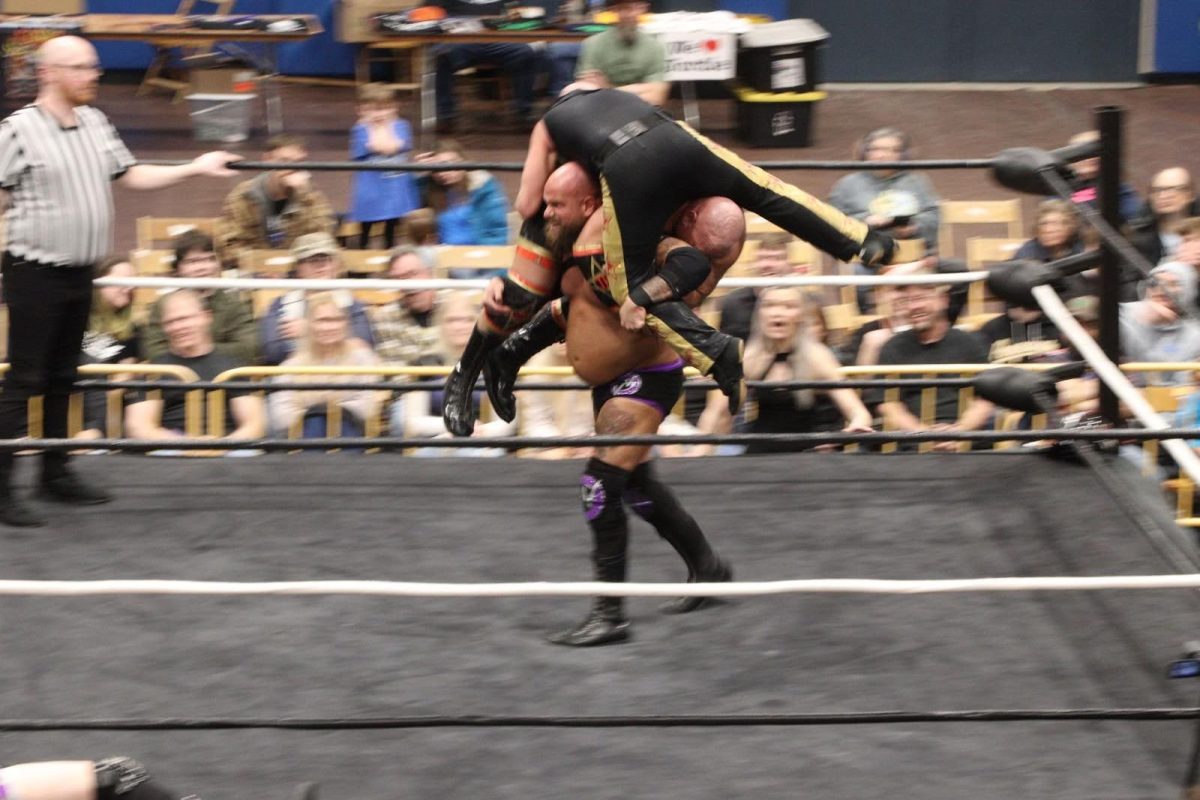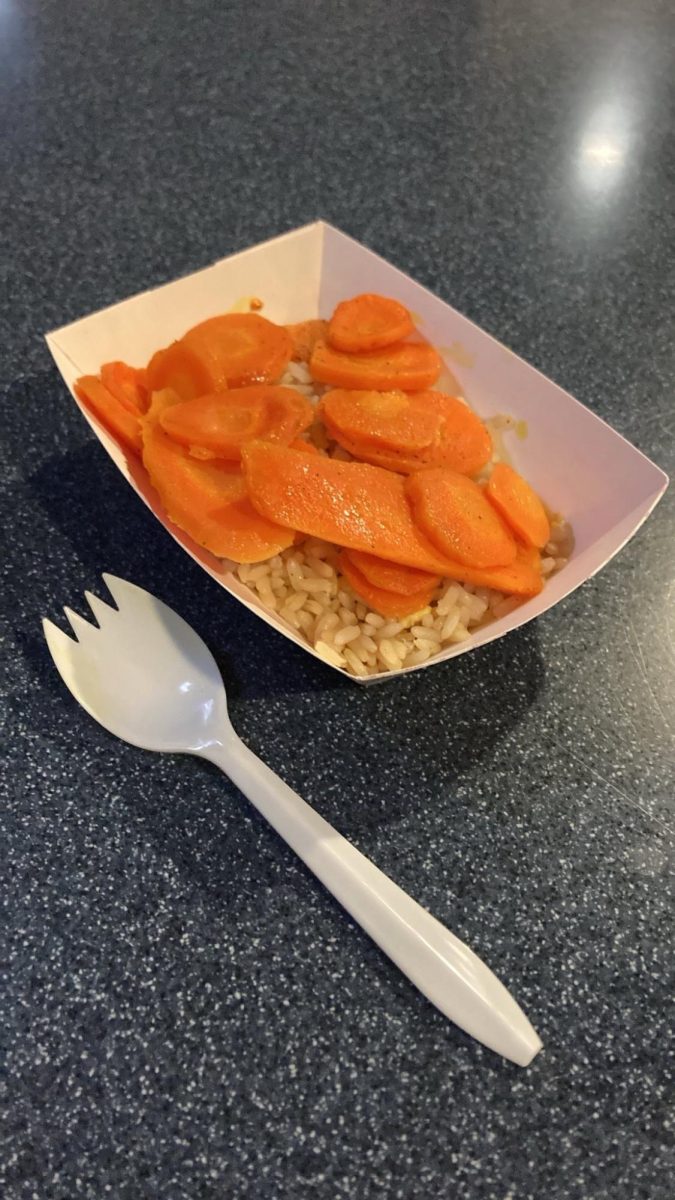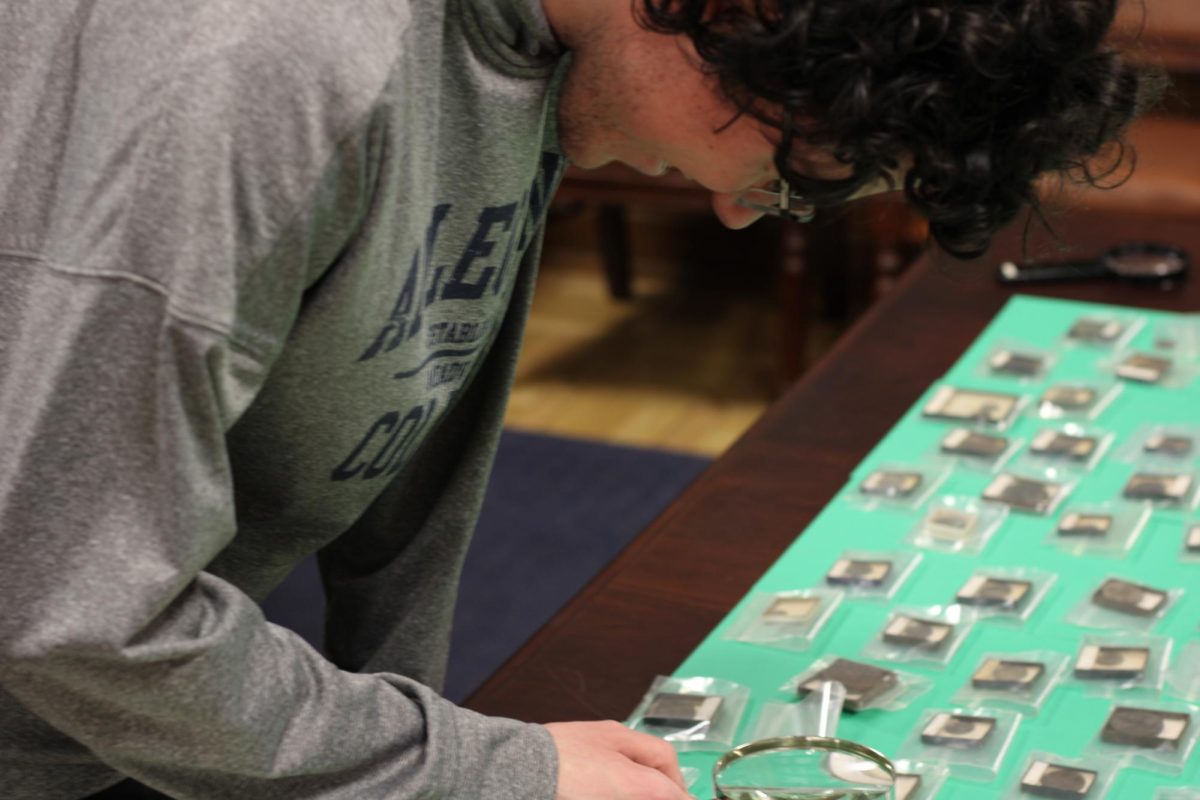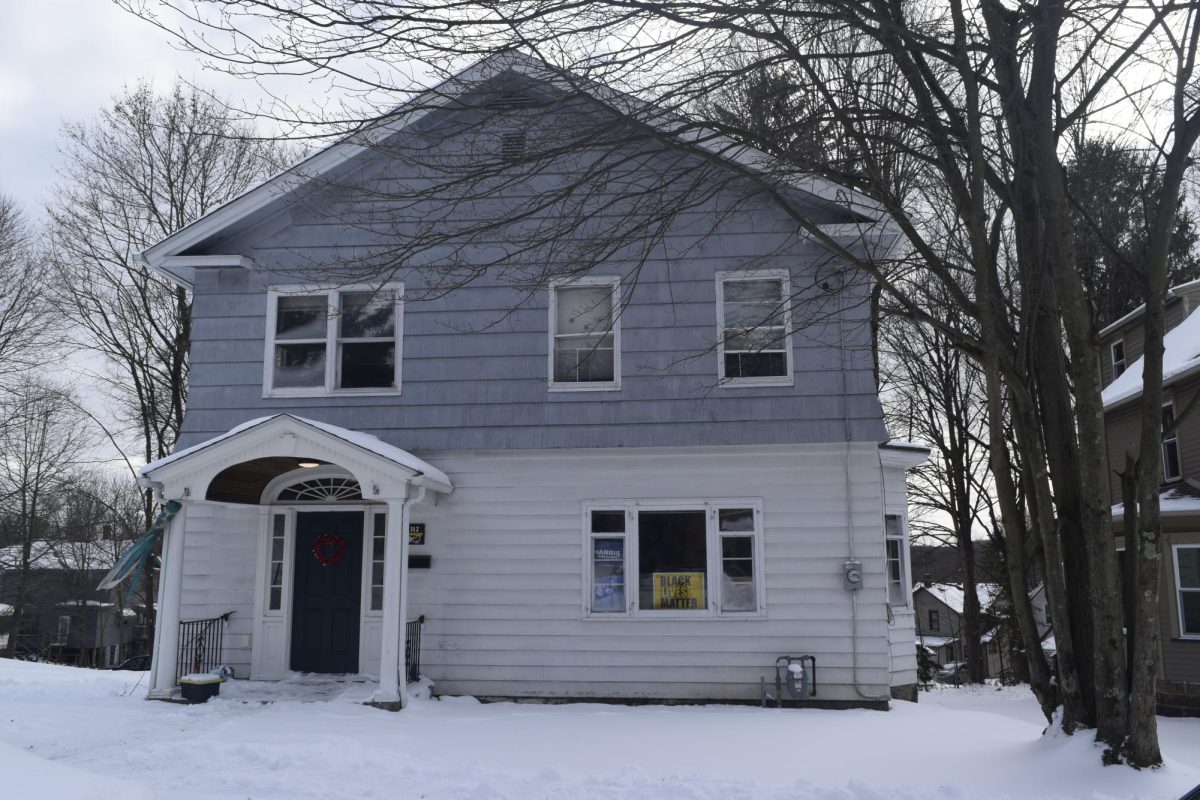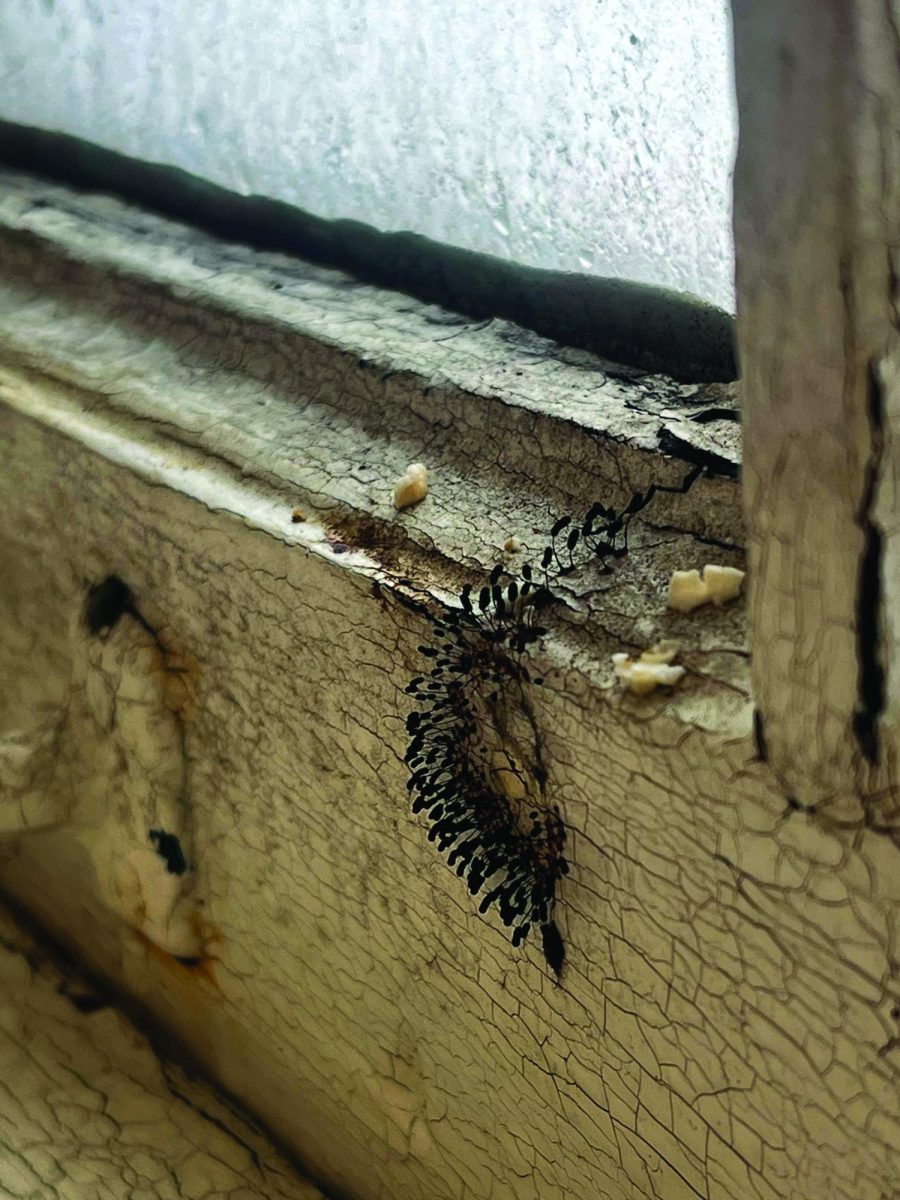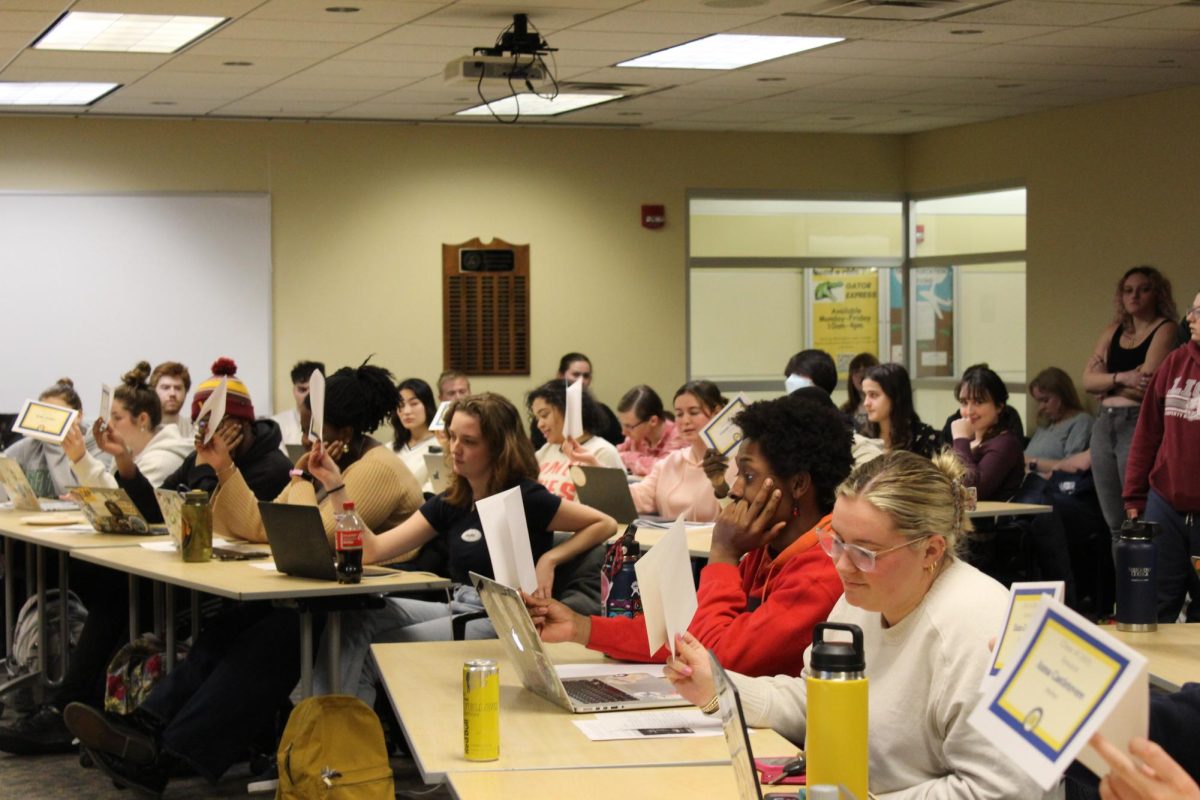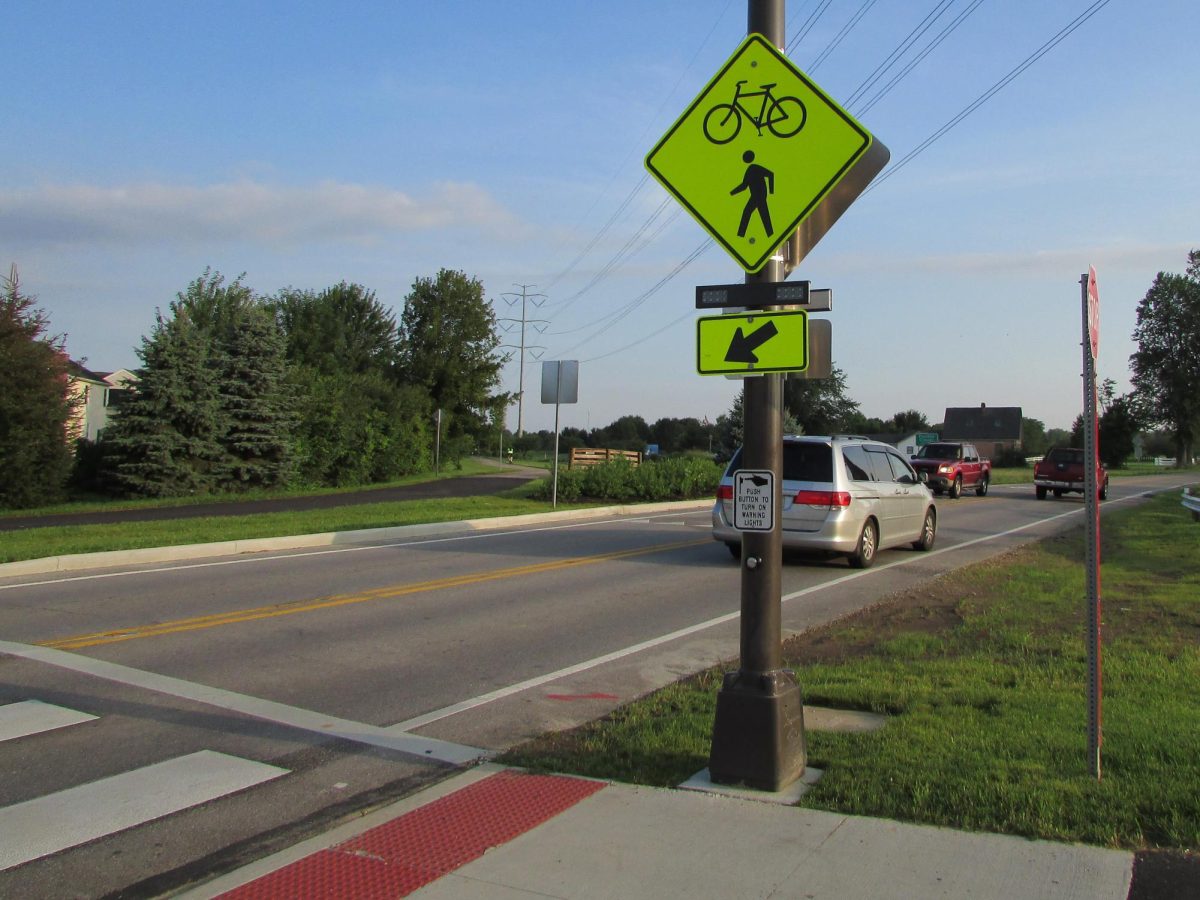With Election Day approaching on Nov. 5, Allegheny organizations are preparing students to exercise their civic rights by organizing intentional conversations and a number of voter resources on an updated Allegheny Votes webpage.
The webpage was born out of necessity in 2020; under unprecedented voting conditions, the Center for Political Participation worked with the President’s Office during the COVID-19 pandemic to compile resources for students about voting. Associate Professor of Political Science and Director of the Center for Political Participation Andrew Bloeser explained that, going into the 2024 election, Allegheny Votes is as helpful as ever.
“We want all of that information to be centralized in one easy to find place,” Bloeser said. “Because at a number of colleges, that information is not as easy to find and the student is left to try to wander through and find it on their own. And I think a lot of students probably could do that, but this makes it easier, I think.”
The website includes a list of important voting deadlines, such as when to register for in-person or mail-in voting. It also includes information on how to register to vote, how to request an absentee ballot and how to return a mail-in or absentee ballot.
Also on the site is a list of events planned and hosted by the CPP and the Andrew Goodman Foundation in collaboration with other campus organizations, like the IDEAS Center. Events range from practical voting assistance — like a voter registration event in the Henderson Campus Center on Sept. 16 — to educational and thoughtful conversations, like a Constitution Day discussion on Sept. 17 with political theorist Allan Tellis to discuss “the significance of the Constitution amidst current threats to political freedom and equality.”
“In addition to that (voter registration), we want students really thinking about what’s happening in American politics, certainly at the national level but also at the state and local level,” Bloeser said.
Emotional support and wellbeing is also a theme throughout the planned election events. IDEAS Center Director Natalie Brown explained that the center will be an encouraging space for students throughout election season.
“We will just be a support system,” Brown said. “Emotions are high, tempers are up about this — just like any presidential election now that I sit here and think about it — but we just want to be a safe space for people to come and, you know, sit with their feelings and emotions.”
A panel discussion hosted by the CPP, AGF and IDEAS Center is already planned for Nov. 7 titled “What Happened on Election Day? What Does It Mean for American Democracy?” Both Bloeser and Brown stressed the importance of addressing emotions in the aftermath of the election, regardless of the outcome.
“We’re mindful that this is going to be, perhaps, a dramatic election,” Bloeser said. “We think it’s useful — the same week the election happened, just a few days later — to have a constructive space to come together to have debates and even arguments and also some discussions about what’s happened, why it matters and where we go next.”
Reagan Grace Wheat, ’26, is a Law and Policy student and is well aware of the emotions that can crop up when talking about politics. For a political science class last year, Wheat created a card game called “Political Friendship,” designed to facilitate difficult political conversations in a constructive way.
“Everyone’s like, ‘Don’t talk about politics, don’t talk about politics,’” Wheat said. “But the truth is we all talk about it anyway, so how can we provide a safe environment to talk about those things?”
“Political Friendship” is made up of three rounds of timed question cards. The first round is more factual, asking players to find out who their state representative is, for example. The second and third rounds get into deeper conversation, broaching topics like abortion and gun control.
Wheat explained that the game is ultimately meant to foster an inclusive environment where players can feel comfortable expressing their opinions or acknowledging when they don’t know something.
“Another thing that’s really important within the idea of ‘Political Friendship’ — or just politics I guess in general — is that sometimes people are afraid to admit if they don’t know something and then that can cause fake information to roll out,” Wheat said.
When it comes to voting itself or talking about anxiety in elections, Allegheny Votes is ultimately about support, according to Brown.
“IDEAS is very big on community and making sure that that community is supported and that we know how to assist one another in a time of discomfort, in a time of, again, confusion,” Brown said.
Brown also mentioned that student employees of the IDEAS Center — the Jason Fellows — will be trained on how to register students to vote.
With support coming from a variety of avenues, ensuring a student’s ability to vote in this election should be as simple as possible, Bloeser explained, but that doesn’t mean you should put off the task of registering to vote or applying for an absentee ballot.
“Do not wait until the last day before the official deadline to do these things,” Bloeser said. “Do them as soon as you can.”
This includes updating your residential address if you are voting in Meadville and have moved to a new residential hall, and not using Allegheny’s address when filling out your ballot. Instead, students should use the address of their residential buildings.
“If you have voted in Meadville in the past and you lived in a different dorm last year than you live in this year, make sure to do the change of address form so that you are registered at your current address,” Bloeser added.
Those interested in learning more about all of the resources offered by Allegheny Votes can visit the Allegheny Votes website at sites.allegheny.edu/vote/.
Categories:
Allegheny Votes helps students prepare for upcoming Election Day
Story continues below advertisement
0
More to Discover
About the Contributor
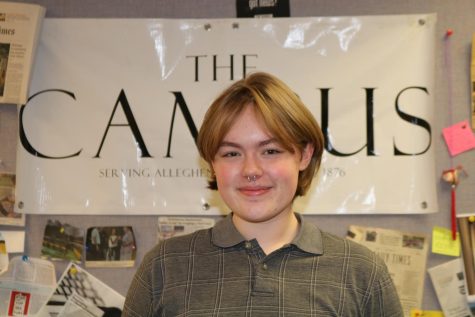
Sam Heilmann, Opinion Editor
Sam Heilmann is a sophomore from Johnstown, PA. She is majoring in Communications. This is her second year on the Campus staff, and her first as Opinion Editor. When she isn’t writing for The Campus, she enjoys painting, listening to music and spending time with her friends.





